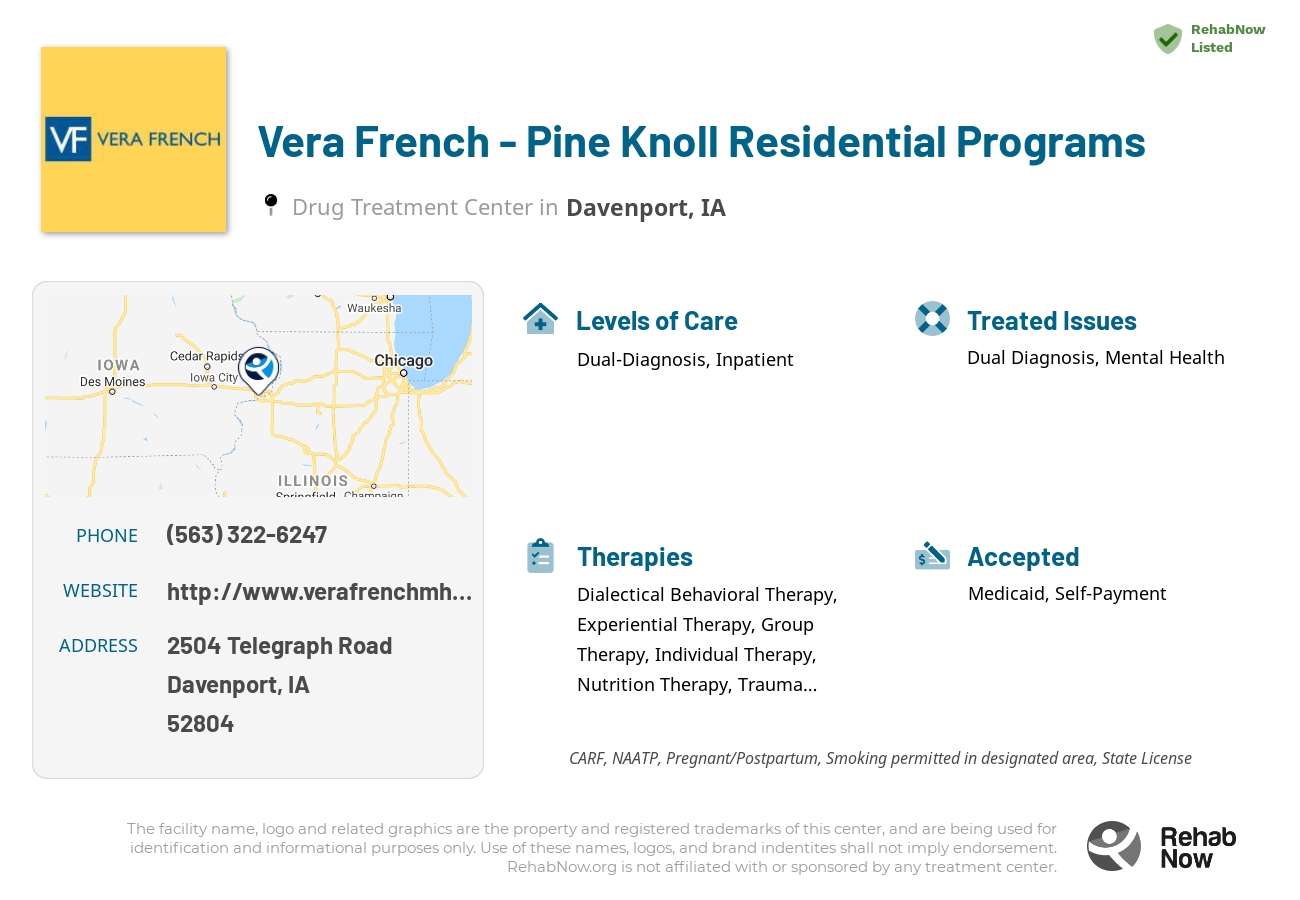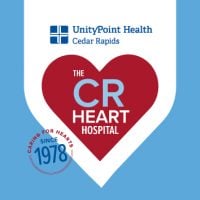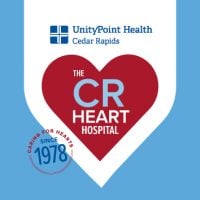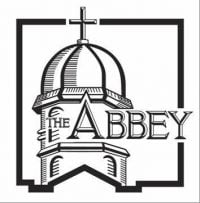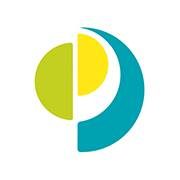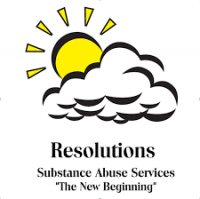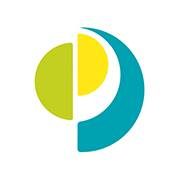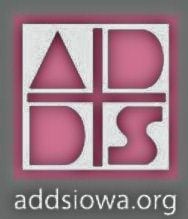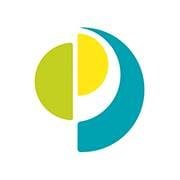Vera French - Pine Knoll Residential Programs
Drug Rehab Center in Davenport, Iowa
Pine Knoll Residential Programs in Davenport, Iowa is a health facility offering comprehensive, individualized treatment plans that include evidence-based and holistic therapies to clients struggling with addiction and dual diagnosis.
Multiple patients have reported Vera French - Pine Knoll Residential Programs as permanently closed.
Research other rehabs in Davenport, Iowa, or get help finding an open facility.
About Vera French - Pine Knoll Residential Programs in Iowa
Vera French - Pine Knoll Residential Programs is a Dual Diagnosis, Mental Health Treatment Facility located in Davenport, Iowa. This facility specializes in helping individuals who are suffering from Dual Diagnosis, Mental Health issues and are seeking treatment to overcome their addiction and achieve sobriety. With a focus on providing comprehensive care, Vera French - Pine Knoll Residential Programs offers Dual-Diagnosis, Inpatient, and Residential Levels of Care. They are affiliated with Vera French, a reputable organization dedicated to providing quality mental health services in the region.
Vera French - Pine Knoll Residential Programs provides a range of services and treatment methods to address addiction and substance abuse. The facility offers a Dual Diagnosis approach, which means that they provide treatment for both mental health issues and addiction simultaneously. This integrated approach allows for a more comprehensive understanding and treatment of the individual's needs. At Vera French - Pine Knoll Residential Programs, professionals utilize evidence-based treatment methods, such as counseling, therapy, and group sessions, to help individuals work through underlying issues contributing to their addiction. With a focus on personalized care, they tailor treatment plans to meet each individual's unique needs, ensuring a holistic approach to recovery.
Genders
Ages
Modality
Additional
Conditions and Issues Treated
Dual diagnosis refers to someone who has both an addiction and a mental or emotional illness. Dual diagnosis treatment includes therapy for both issues simultaneously, allowing for effective treatment of either.
Sometimes people with addiction disorders also have co-occurring disorders like depression, anxiety, bipolar disorder, etc. These require specialized treatment programs that address both drug and alcohol addiction as well as psychiatric illnesses. Some rehabilitation facilities provide patients with co-occurring disorders a program with highly integrated services and a clean, distraction-free environment.
Levels of Care Offered
This center offers a variety of custom treatment tailored to individual recovery. Currently available are Dual-Diagnosis, Inpatient, Residential, with additional therapies available as listed below.
Inpatient treatment is a form of recovery used in drug rehab. Inpatient recovery offers individual therapy, groups, and family therapy to ensure that the addict has the best recovery possible. A variety of treatments are provided in this type of recovery, depending on what treatment the addict needs at that particular time.
The length of inpatient addiction treatment depends on the addict and their addiction. Inpatient rehabilitation can last anywhere from 30 days to 90 days, depending on how severe the drug abuse is. Inpatient rehab is a costly drug treatment, costing anywhere from $30k- to $60k. However, insurance often offers help in covering these costs.
Residential treatment programs are those that offer housing and meals in addition to substance abuse treatment. Rehab facilities that offer residential treatment allow patients to focus solely on recovery, in an environment totally separate from their lives. Some rehab centers specialize in short-term residential treatment (a few days to a week or two), while others solely provide treatment on a long-term basis (several weeks to months). Some offer both, and tailor treatment to the patient’s individual requirements.
Therapies & Programs
Different people react differently to various treatment options. Some drug rehabilitation centers offer individualized treatment that caters to the specific needs of a drug addict. The best treatment option varies on an individual depending on the type of drug abused, life history, medical condition of the person, social circumstances, and the environment they live in now.
When a person enters drug rehab, they usually have anti-drug associations such as withdrawal symptoms, stress, cravings, etc. The first step of drug rehab is to detoxify the body from any residual substances in it. Drug rehabilitation centers usually employ trained medical professionals to help in this process. Usually, the initial detoxification lasts for five days, where the person is monitored under close supervision.
Attending group therapy at Vera French - Pine Knoll Residential Programs in , is a useful way for those seeking sobriety to realize they aren’t the only one going through it.
This is when a group of people on different recovery phases get together and talk about what they’re going through, their triggers, successes, and failures. This can include alternative types of therapies too! Group therapy may occur on an outpatient or inpatient basis with groups that have no pre-existing relationships outside the session, unlike support groups where everyone already knows each other beforehand.
Trauma therapy is a form of therapy used to help people process and understand past traumas. This can help struggling addicts, as many people turn to drugs or alcohol to mask the pain of their past. Trauma therapy can be done in several ways, such as through visualization, discussion, and writing down thoughts and feelings. The goal is to help the individual understand why they are having problems coping with certain situations and changing how they think and react to things. This is often done in tandem with other therapies to treat the underlying issues associated with addiction.
The idea behind trauma therapy is that while some people can experience traumatic events and not have lasting psychiatric symptoms, many others will. In these cases, memories get hidden from consciousness but continue to influence how the person processes and copes with things in their life. They may avoid situations that resemble what happened or become suddenly angry or irritated to a situation that reminds them of a past event. With the help of a therapist, people can go back over memories and experiences. This helps them understand why they are having problems coping with certain situations and changing how they think and react to things.
This type of cognitive-behavioral therapy helps people understand how their thoughts, behaviors, and feelings are interconnected. It can help patients with borderline personality disorder gain control over their actions and stop self-harming thoughts and attempts.
Cognitive Behavioral Therapy is a type of psychotherapy that helps people address the thoughts and behaviors that may have led to their addiction. It also helps change negative thoughts into positive ones and promotes healthy communication between addicts and those around them. CBT is an efficient treatment for individuals suffering from all sorts of addictions.
Cognitive Behavioral Therapy (CBT) focuses on the underlying thoughts and behaviors that caused the problem of addiction in the first place and may cause a relapse. Negative feelings are common in drug abuse disorders, but they can lead to co-occurring disorders if not recognized. CBT involves strategies that help to change the behavior pattern by restructuring negative thoughts into positive ones. It helps to remove these feelings, and it provides long-term benefits. Also, CBT promotes self-awareness, self-control and can be administered as a mono-therapy or as part of combination therapy.
Good nutrition can be difficult for people recovering from addiction because they may not feel like eating while they are experiencing the physical and emotional side effects of detoxing.
Nutrition therapy can help addicts in the following ways:
- Helps individuals to understand which foods promote good health and support recovery that will assist them during detox
- Provides guidance and education about how to maintain a nutritious diet so they can stay healthy during recovery
- Improves their overall health and well-being, which can reduce the severity of substance withdrawal symptoms.
Nicotine replacement therapy is a popular method of treatment that helps individuals overcome their addiction to cigarettes by providing them with safer alternatives. Nicotine replacement options can include:
- Inhalers
- Gum
- Patches
These treatments are often used in combination with other therapies, such as cognitive behavioral therapy or motivational interviewing, to help individuals more easily transition into a smoking-free lifestyle.
Patient Experience
Experiential Therapy at Vera French - Pine Knoll Residential Programs
Experiential therapy is a type of therapeutic approach that focuses on having patients work through problems, issues, or emotions by engaging directly in some real experience. It occurs face-to-face with a therapist who helps these people to explore their feelings first hand. The hope is that when this happens, the patient will feel driven to turn away from their destructive behavior and instead take up positive behaviors or coping mechanisms. Direct experience methods, role play, psychodrama, interpersonal and social learning are a few different forms of experiential therapy.
Payment Options Accepted
For specific insurance or payment methods please contact us.
Vera French Associated Centers
Discover treatment facilities under the same provider.
Learn More About Vera French Centers
Additional Details
Specifics, location, and helpful extra information.
Davenport, Iowa 52804 Phone Number(563) 322-6247 Meta DetailsUpdated November 25, 2023
Staff Verified
Vera French - Pine Knoll Residential Programs Patient Reviews
There are no reviews yet. Be the first one to write one.
Davenport, Iowa Addiction Information
Iowa ranks 2nd lowest in the nation for illicit drug use, but 12% of its residents are still using these drugs every single year. Methamphetamines account for more than 90% of all drug-related prison admissions in Iowa. Alcohol is the most widely abused substance in the state, with 23% of residents admitting to heavy drinking.
The drug addiction problem in Davenport, IA, is relatively bad. According to the National Institute on Drug Abuse, over 1,500 admissions to publicly funded treatment facilities in the city for drug and alcohol abuse in 2016. In 2016, 149 people died from a heroin overdose. In 2017, that number increased to 198 people. The treatment process can vary depending on the facility.
Treatment in Nearby Cities
- Knoxville, IA (129.4 mi.)
- Anamosa, IA (53.1 mi.)
- Rock Rapids, IA (312.5 mi.)
- Spirit Lake, IA (263.8 mi.)
- Ankeny, IA (154.8 mi.)
Centers near Vera French - Pine Knoll Residential Programs
The facility name, logo and brand are the property and registered trademarks of Vera French - Pine Knoll Residential Programs, and are being used for identification and informational purposes only. Use of these names, logos and brands shall not imply endorsement. RehabNow.org is not affiliated with or sponsored by Vera French - Pine Knoll Residential Programs.


